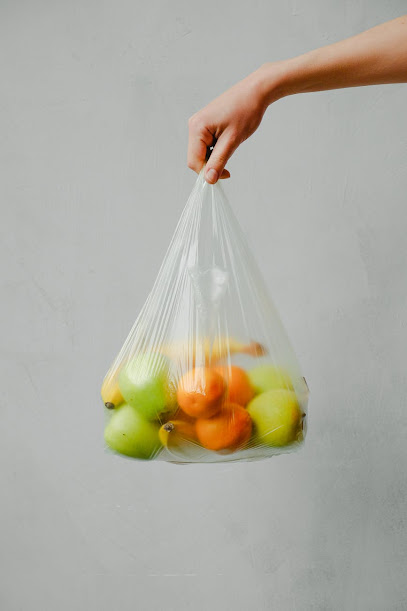Plastic and its effects on our health
Plastic is perhaps the most useful and adaptable development for our developed society. Commonly, basically everything that we come into contact with, eat or drink, contains some type of plastic. We buy our food in plastic containers and containers, we buy drinks and water in plastic containers and jars. Many of us use plastic plates and cups at home and store our extra items in plastic holders. We finish things. We use plastic bags for different things. Plastic protects our phones, our books and important papers. Plastic lines inside canned food types for added peace of mind. Plastics have many valuable applications for our homes as well as major businesses. Medicine, PC, Science, Purity, Dentistry, Agriculture, goes on forever. Plastic has improved our common people.
Too much of something that is otherwise good is really taking a toll on our well-being. Have you ever tried to go a day without coming into contact with plastic? This is extremely difficult. Plastic is a polymer, which means that many similar atoms have almost weak compound bonds. This allows a part of the atoms to break down. Our openness to so much plastic is slowing down our chemicals. Many types of plastics have high "zeno estrogenic" effects. When we take too much into our body, we can start to notice hormonal disturbances in women and men that are similar to the abundance of estrogen. This can have many negative consequences, especially on maturity, the menstrual cycle, growth and development, and general health and well-being.
Xenoestrogens disrupt our normal endocrine framework and in women are implicated in breast disease, endometriosis, and can even affect nerve movement during fetal development. For men, xenoestrogens affect the ability of the testicles, sperm concentration, growth, and motility. Hippies are, in any case, a pattern that is observed in fish, since a large amount of zenoestrogens from our wastewater goes into rivers. The male fish partially appears and competes with the female fish for being transgender. Some parts of the ocean are so engulfed in plastic debris that it is uprooting animals from their homes. Sea creatures and fish eat plastic or retain it in and around their bodies, leading to severe malnutrition, food insufficiency and death.
The basic opening that we have a command about is adding plastic for food and water. Heating food in plastic containers is one of the scariest ways to contaminate our food and our bodies. Heating food in plastic allows the atoms to break down further without any problem. Frozen vegetable packages advertising to "steam" in the microwave, frozen dinner in plastic plates and pockets, and placing hot prepared foods in a plastic container for storage or wrapping. There are usually ways that plastic can be negatively affected. our kindness. Similarly, testing plastic water containers allows destructive synthetics, for example, to leach bisphenol-A, polychlorinated biphenyls, and steaks into the water because they can leach into food.
How can you cure it? Try to use as little plastic as possible in your daily routine.
 |
| Plastic and its effects on our health |
Use Pyrex or a variety of non-plastic holders to store and heat food. Drink water from glass or treated steel bottles. Use your basic material bags and packaging instead of plastic. Limit or avoid frozen foods and stored food sources. Try not to microwave or heat anything that is plastic. Try to eat as little canned food as possible. Making these direct changes will help not only your own well-being but also the health of the planet.





0 Comments